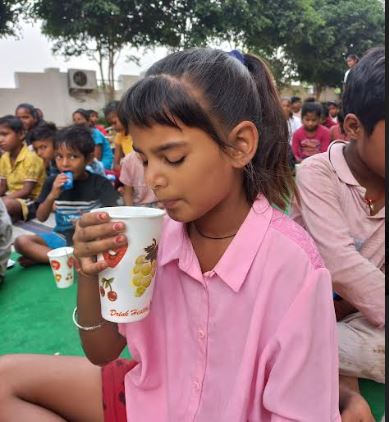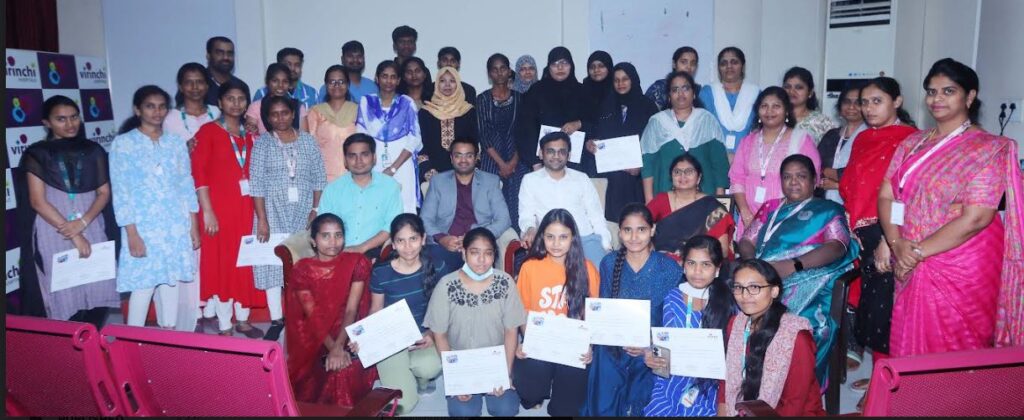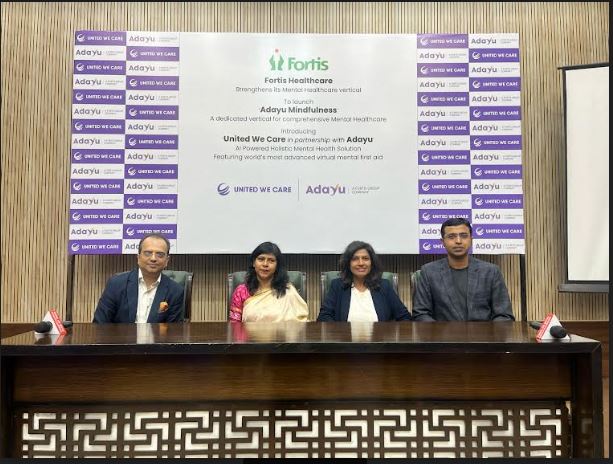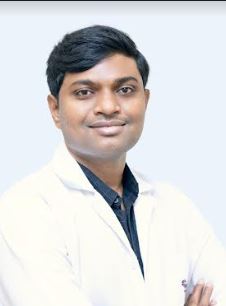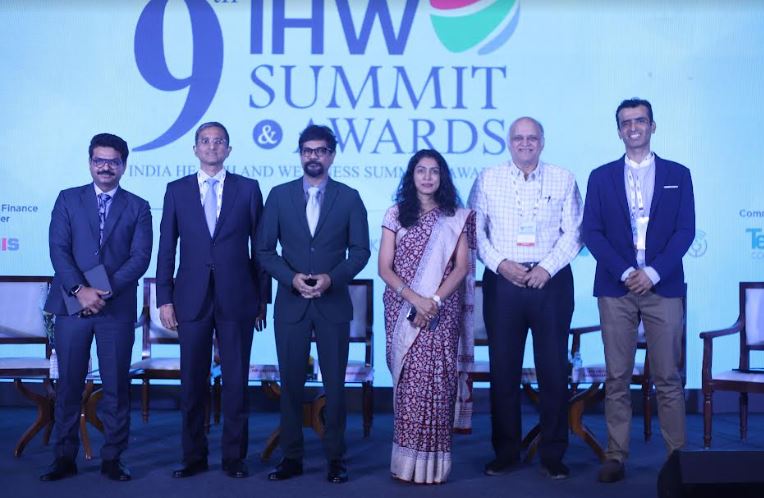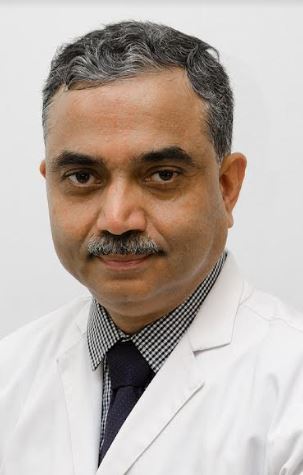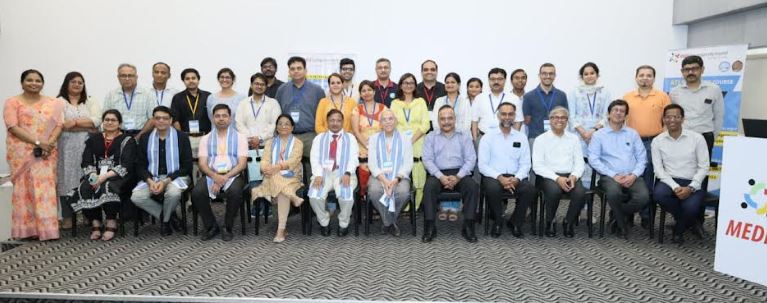
2nd May 2024 Kolkata: Medica Superspecialty Hospital, a leading healthcare institution in Eastern India, is proud to announce the successful hosting of its inaugural Advanced Trauma Life Support (ATLS) course from 28th April to 30th April’24. This significant initiative aligns with Medica’s steadfast commitment to bringing the highest standards of healthcare to Eastern India. Distinguished external faculty members for the inaugural course at Medica included Prof. Dr. MC Mishra, ATLS Chair and Program Director of ATLS India, along with Prof. Dr. Vinod Jain, Head Surgical Sciences, Neera Hospital, Lucknow, National Course Director ATLS India; Prof. Dr. Amita Ray, HOD Department of Obstetrics & Gynecology, MMC Medical College, Bihar and ATLS Senior Instructor, ATLS Educator India; and Dr (Brig.) Sanil Mohan, Head of Department, Department of Anesthesiology, Command Hospital (Eastern Command), Kolkata. Dr. Anirban Chatterjee, Senior Consultant, Hand & Pediatric Orthopedic Surgeon & Faculty – DNB Orthopedics, Medica Institute of Orthopaedic Sciences, In-house ATLS Instructor, Member of ATLS Team, Medica Superspecialty Hospital; Dr. Kasturi H. Bandyopadhyay, Senior Consultant Anaesthesiologist, DNB Faculty & ATLS Instructor, Medica Superspecialty Hospital and Dr. Akshay Gadre, Consultant Anaesthesiologist, DNB Faculty, ATLS Instructor and ATLS Site In Charge, Medica Superspecialty Hospital were an integral part of the ATLS course at Medica. The course was impeccably coordinated by Mr. Smith Banerjee, ATLS coordinator, Medica, Kolkata and Mr. Joseph Antony, Nursing Team Leader and Supervisor Emergency Medicine, ATLS Coordinator Medica, Kolkata under supervision from ATLS India head office.
Conducted under the esteemed banner of the American College of Surgeons, the ATLS course equips healthcare professionals with essential skills for managing polytrauma victims, particularly during the critical “Golden Hour” following injury. Developed out of the personal tragedy experienced by Orthopedic Surgeon Dr. James Styner in 1980, the ATLS program has gained global recognition as a pivotal method for training frontline providers in trauma patient care.
The initiative to introduce the ATLS course in India was spearheaded by the Indian Society for Trauma & Acute Care (ISTAC) with support from the Ministry of Health & Family Welfare and the National Disaster Management Authority of the Government of India. Since its inception at the Jai Prakash Narayan Apex Trauma Centre of AIIMS, New Delhi in 2009, numerous centers across India have embraced this training, significantly enhancing the preparedness of medical personnel to handle trauma cases effectively.
Dr. Anirban Chatterjee expressed, “The inaugural ATLS course at Medica Superspecialty Hospital marks a significant milestone in our journey. After a few years of effort, we’re proud to be the first hospital in Eastern India to host this course, joining 33 other centres across the country. This program holds profound significance as it equips physicians with the necessary knowledge and skills to deliver critical care to trauma patients. Through the ATLS course, doctors acquire vital insights and abilities to promptly identify and address life-threatening injuries amidst the intense pressures inherent in trauma care environments.”
While talking about the importance of the course, Dr. Kasturi H Bandyopadhyay, shared, “Our objective was to establish a dedicated trauma team for proficiently handling polytrauma cases within our hospital. Initiating this course marked our initial stride toward realizing this objective.”
Dr Akshay Gadre stated that, “Although limited to 16 delegates per course, as per ATLS guidelines and recommended instructor-provider ratio, we have received inquiries from Oman, Bangladesh, and Nepal, which we have enlisted for our subsequent sessions. Eligibility for participation mandates possession of an MBBS degree. Following the success of this endeavour, we have plans to extend our efforts to conduct the ATCN course, aimed at training nursing staff in proficient trauma care.”
Mr. R. Udayan Lahiry, Managing Director, Medica Group of Hospitals, told, “Trauma is a leading cause of death and disability all over the world. Trauma management can be improved by implementing a trauma care system that includes injury prevention, education, pre-hospital care, transportation, hospital care, and rehabilitation. If properly implemented, trauma system can reduce mortality by at least 10-15%. Training clinicians to manage trauma patients is an essential part of developing proper trauma systems. The primary end point of any clinical educational activity is its impact on improving health care delivery resulting in saving lives. At Medica, we have always reiterated on continuous education not only for our clinicians and nurses but also for all the caregivers of the region in the larger interest of the community we serve. We intend to initiate the ATCN course soon in our endeavour to address the trauma management holistically.”
Mr. Ayanabh Debgupta, Jt. Managing Director, Medica Group of Hospitals, shared, “Trauma globally results in six million deaths annually. Approximately 40 million people suffer permanent injuries each year, while up to 100 million experience temporary injuries. The UN and WHO/WHA highlight trauma as the primary cause of death among individuals aged five to 29 worldwide. Recent analysis conducted in Indian hospitals revealed that 58% of trauma-related deaths could have been prevented. Against this backdrop, the significance of the ATLS course is unparalleled, and it is imperative for all hospitals to establish trauma care teams to enhance patient outcomes.”
About Medica Group of Hospitals: Medica Group of Hospitals, one of the major chains of hospitals in Eastern India today, has built and managed numerous healthcare facilities across the Eastern region over the past few years. The group has footprints in West Bengal, Jharkhand, Odisha, Bihar, and Assam.
